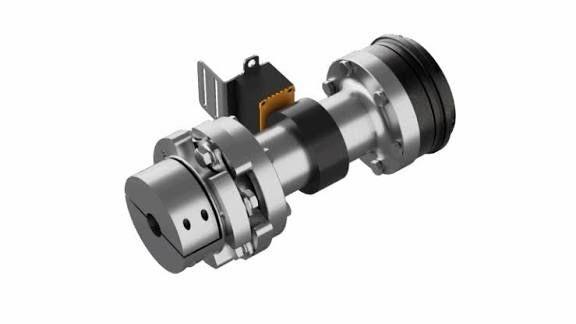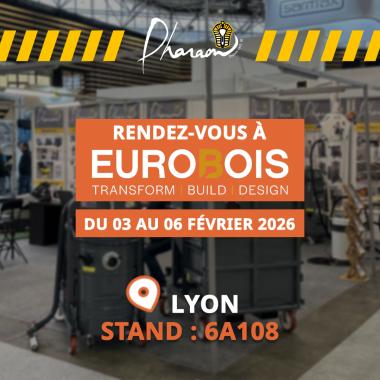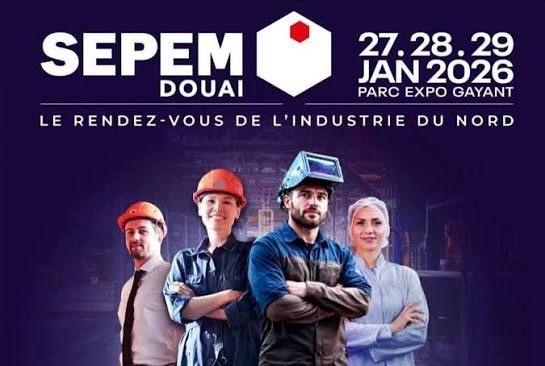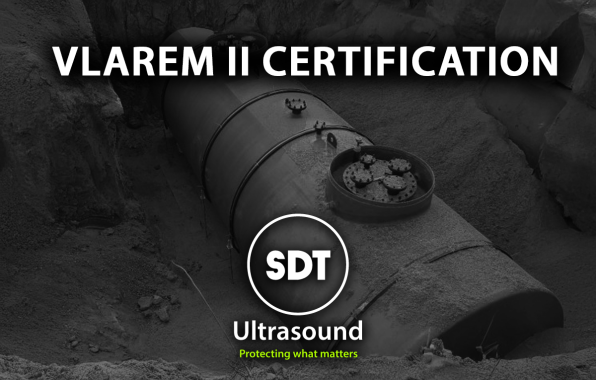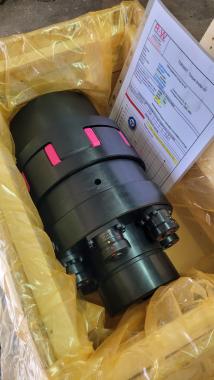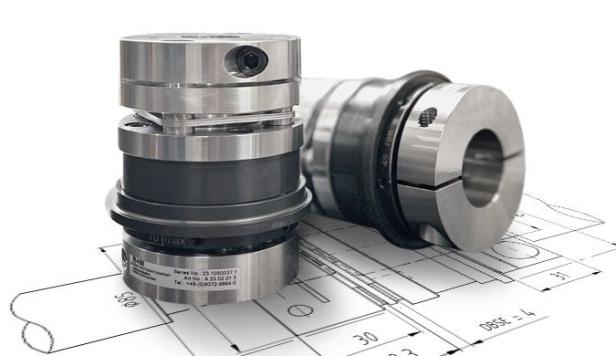CIM 2025: metrological innovations serving sustainable industry
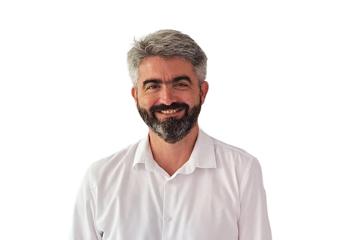
The French College of Metrology (CFM), founded in 2002 by the National Metrology and Testing Laboratory (LNE), the Technical Center for Aeronautical and Thermal Industries (CETIAT) and Stellantis (formerly PSA), plays a crucial role in the dissemination of good practices in metrology. In a context where measurement precision is essential for industrial performance and sustainability, the CFM strives to promote and adapt metrology to new market requirements. Meeting with Jérôme LOPEZ, Director of the French College of Metrology, for a presentation of the activities of the CFM and current issues in metrology, particularly in the run-up to the International Metrology Congress (CIM) in 2025. This biennial meeting, truly showcase of advances in metrology, promises to explore key themes such as sustainable development, digitalization, artificial intelligence and the challenges of training in this rapidly evolving field.
Can you tell us about the CFM and its role with manufacturers?
The CFM is structured around three main areas of activity. The first, the animation of our network which brings together around 400 French-speaking metrology companies, representing around 700 people. Half of our members are solution providers (Global Industry exhibitors), developing and marketing measuring instruments, software, measurement services, or consulting services. The other half are users (visitors to Global Industrie), often from large groups such as those in the automobile, aeronautics, and transport sectors, who use these solutions to qualify and control the quality of their products.
We are also a resource and skills center. For example, we offer an online video library, book editions in partnership with AFNOR or even a “TrustMEtrology” good practices label, a real tool for differentiation, recognition and visibility for the companies that benefit from it.
Finally, we organize events, a historic activity of the CFM, which has always worked to raise awareness and promote metrology. This is particularly the case with the International and Biennial Metrology Congress (CIM), the next edition of which will take place as part of Global Industrie in Lyon in 2025.
What will we be able to discover about this next CIM 2025?
The CIM , which is a historic activity of the CFM, has existed for more than 40 years. The next edition, which will be held from Tuesday March 11 to Friday March 14, 2025 at Eurexpo Lyon, should be a particularly prestigious edition because it will be chaired by Martin Milton, Director of the International Bureau of Weights and Measures (BIPM).
It is important to remember that the CIM is aimed both at experts in metrology but also at industrialists interested in new measurement techniques. Our specific conferences should directly concern them... We are indeed expecting hundreds of visitors from more than forty countries, including many industrialists.
Another essential component of our next CIM: “The metrology village” which will bring together 70 companies offering solutions, with a central space, a sort of multimodal hub, where various events and conferences open to all will be held, as well as individual meeting sessions. The conferences and round tables will cover a broad spectrum of measurement: dimensional, mechanical, force, pressure, temperature, electrical, etc. The cross-cutting themes will include digitalization, artificial intelligence, training, and the challenges of the metrology profession.
The baseline for this 2025 edition will be "A new metrology for a sustainable society and industry", an essential subject today. In this context, the sustainable challenges of metrology are crucial: they include both the optimization of energy performance, the reduction of industrial waste and the precise control of emissions Because precisely measuring each stage of the industrial process not only makes it possible to optimize energy consumption and machine performance, but also to improve product quality. and reduce waste Finally, in the current context of industrial decarbonization, it is becoming imperative to strengthen controls on greenhouse gas emissions to meet environmental requirements and in this, metrology plays a major role.
What are the current challenges in metrology and how is it adapting to new technologies in the context of industry 4.0 and 5.0?
Two topics are particularly important in metrology. The first, very practical and even pragmatic, concerns digital calibration certificates (DCC). As a reminder, a measuring instrument must be calibrated regularly by using a calibration laboratory. At any time and in any place, the measurement must be reliable: whether it is 1 cm, 1 m, or 1 degree, one must be certain that the value and the unit are correct. Initially on paper, then in PDF, these certificates can now be digitized and made machine readable to control the chain of custody. The implementation of this digitalization is complex due to the multiplicity of actors, but work is underway, with projects and solutions proposed; it's a real challenge.
The second, more ambitious subject is the link with artificial intelligence (AI). The current challenge in metrology is to guarantee that the algorithm training databases are of good quality and reliable. Metrology plays a crucial role in the qualification of these measurement databases, which are used to train algorithms. The French LNE is notably a pioneer in this field, by offering tools inspired by metrology to qualify AI algorithms.
Finally, can we address a subject that is particularly close to your heart, that of training and the evolution of the metrologist profession?
Indeed, the profession of metrologist is a very interesting subject, in total change over the last 20 years. Historically, the metrologist was the person who managed the fleet of measuring instruments, often nicknamed the "label paster". However, a few years ago, PSA rethought this role by making the metrologist responsible for the entire measurement process. This made the job much more interesting and allowed it to gain height by guaranteeing the reliability of the process. From now on, the metrologist is involved from the definition of the need for measurements until the delivery of the data. But in recent years, we have noticed that a change is underway: the convergence between the profession of metrologist and that of data analyst. This is, for example, what prompted the Colas company to create a new department three years ago which manages the metrology instrument fleet and which integrates data skills. It is therefore essential that training adapts to this development, which constitutes a real challenge, because the profession is already under pressure. I consider that the renewal of metrologists is a crucial issue, and I am convinced that the solutions lie essentially in continuing training.
Our other news
See allJoin the largest community of industrial suppliers
- Helping you with your ongoing technology watch
- Provide you with detailed supplier statistics
- Give you international visibility
Discover the largest catalogue of industrial products on the market
- To offer you the best catalogue of industrial products on the market
- To guarantee you a 100% secure platform
- Enable you to have live remote exchanges
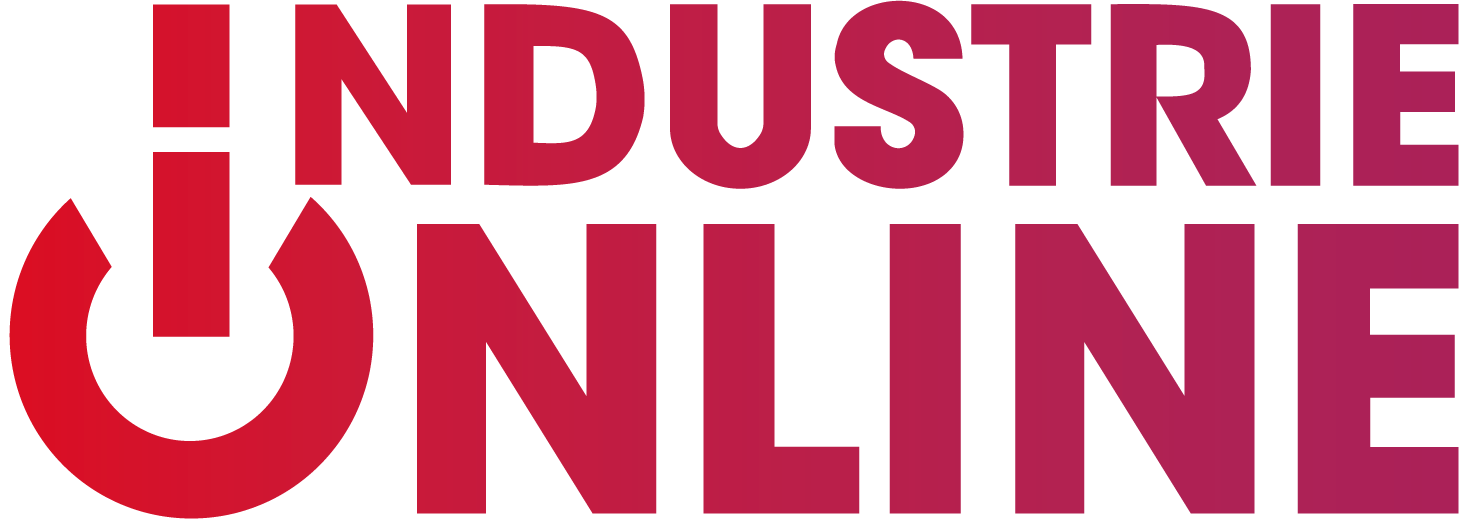

 Français
Français 